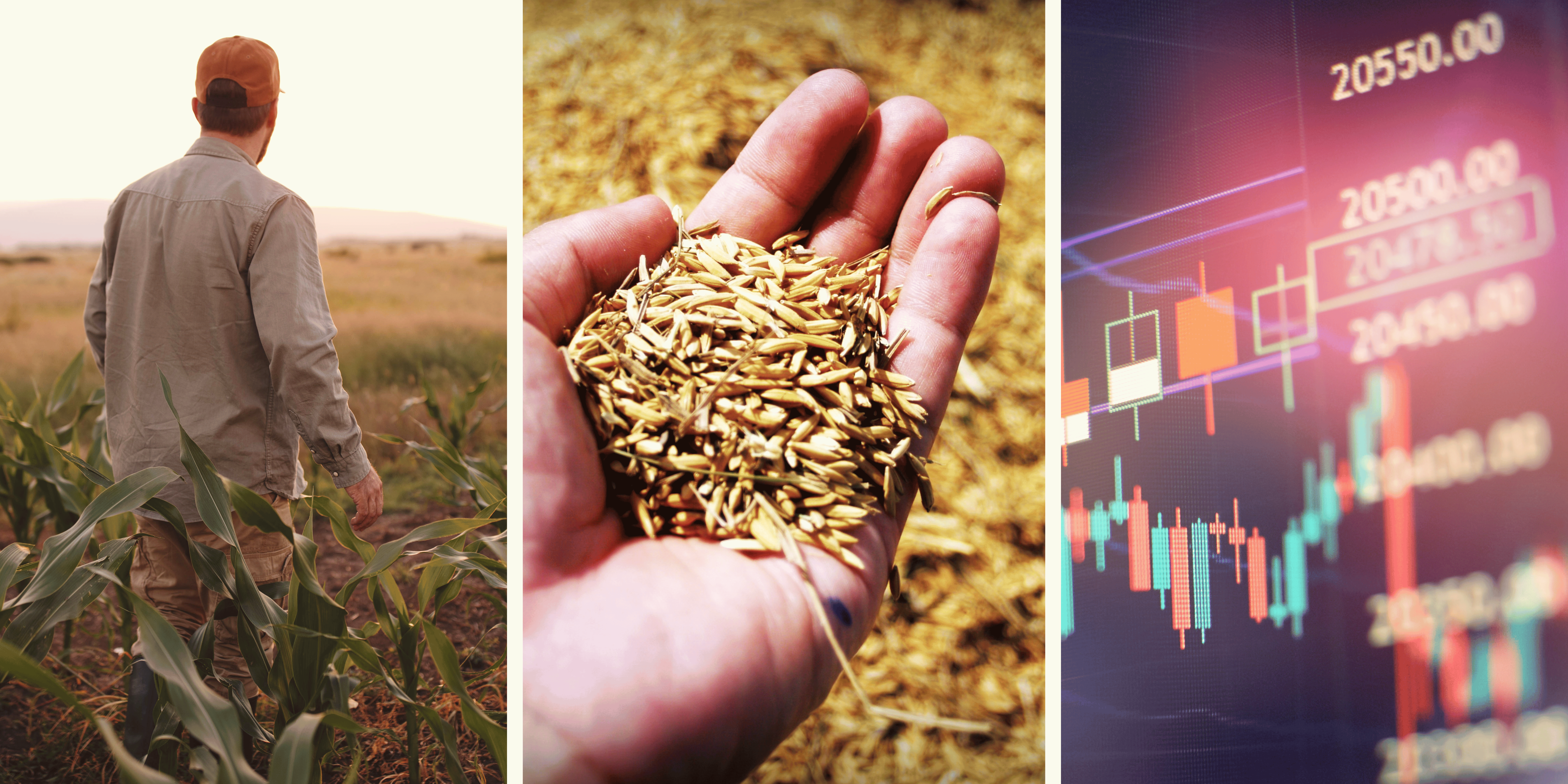A Comprehensive Guide to Choosing the Right Crop Marketing Advisor or Commodity Broker
Navigating the world of farming can often feel like being caught in a constant stream of market updates, Twitter alerts, and newsletters. This information overload can lead to the need for professional advice, especially when it comes to pricing grain. Interestingly, about 75% of American commercial grain farmers have never worked with a marketing professional. If you find yourself in this majority, fear not, you’re in good company.
Choosing the right market advisor or commodity broker is a pivotal decision that can significantly influence your farming business. Here are some guidelines to help you navigate this process:
Understanding Your Needs
Firstly, identify the type of advice you need. Are you interested in local cash basis markets, futures & options, or both? Understanding your needs will help you narrow down your choices and find a broker who specializes in the areas you’re interested in.
Assessing the Broker’s Market Mindset
Does the broker have a technical or fundamental approach to the market? A technical broker focuses on charts and trends, while a fundamental broker looks at economic factors affecting commodity prices. Understanding their approach can help you align with a broker whose market mindset matches yours.
Evaluating the Broker’s Economic Perspective
Does the broker focus on macro or micro-level economics? A macro-level broker looks at the economy as a whole, considering factors like inflation, unemployment, and GDP. On the other hand, a micro-level broker focuses on individual markets and sectors. Knowing their perspective can help you choose a broker whose economic outlook complements your business strategy.
Building a Trustworthy Relationship
Trust and honesty form the foundation of any professional relationship. It is important to work with a broker who values these principles. Remember, no one gets it right every time, so think long-term. A broker who educates you about the markets, rather than just pushing trades, is likely to be a more reliable partner.
Taking Ownership of Your Learning
It’s crucial to understand the process, not just the outcome. Buy and sell signals are useful, but it’s equally important to understand how futures & options work. Don’t hesitate to ask your broker to delve deeper into these topics. After all, it’s your responsibility to ensure you’re getting the most out of the relationship.
Evaluating Personal Compatibility
Perhaps the most important aspect to consider is whether you like the broker as a person and trust them with your family’s future. Be open and honest with potential advisors, letting them know you’re seeking education in specific areas of the market. This could be technical help in learning futures & options, or thoughtful support as you talk through your thinking before making a sale.
If you already have a strong understanding of your local cash markets but want to learn more about options, consider a technically-minded, micro-level Commodity Broker who is willing to teach you these principles.
Remember, choosing the right broker is a personal decision. Take your time to research, explore different broker styles, and find the one that suits you best.
At Farmers Keeper, we understand the unique challenges and opportunities that come with farming. We’re here to help you navigate the complexities of the market and make informed decisions that benefit your business. Don’t hesitate to reach out if you’re looking for a commodity marketing advisor!

